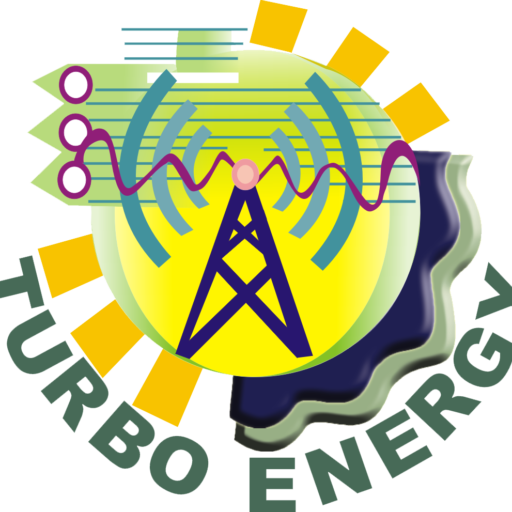Energy Management
- Home
- Energy Management
BEST PRACTICES FOR ENERGY MANAGEMENT
Optimize energy use, minimize waste and maximize efficiency
Energy management is a strategic approach to optimizing energy use, minimizing wastage, and maximizing efficiency across various sectors, including residential, commercial, industrial, and institutional. It involves a combination of policies, practices, and technologies designed to meet energy needs while reducing environmental impact and operational costs. Effective energy management is crucial in a world striving for sustainability and resource conservation.
Energy management is a dynamic discipline that combines technology, policies, and behavior to optimize energy use and minimize waste. With the global focus on sustainability and the growing importance of efficient resource allocation, energy management plays a pivotal role in shaping a greener and more resilient future. Organizations that embrace comprehensive energy management strategies not only reap financial benefits but also contribute to environmental preservation and societal well-being.

Key Components
Conducting energy audits involves assessing energy consumption patterns, identifying areas of inefficiency, and recommending improvements. Audits provide a baseline for setting energy reduction targets.
Implementing real-time monitoring and control systems enables organizations to track energy consumption, identify anomalies, and adjust operations accordingly.
DSM focuses on reducing peak demand through load shedding, demand response programs, and incentivizing energy-efficient behaviors.
Adopting energy-efficient technologies and practices, such as LED lighting, HVAC optimization, insulation, and energy-efficient appliances, reduces energy consumption without compromising functionality.
Incorporating renewable energy sources like solar, wind, and hydroelectric power into energy management strategies contributes to sustainability and reduces reliance on fossil fuels.
Educating individuals about energy conservation practices encourages mindful energy use at home and in the workplace.
Benefits of Energy Management
Efficient energy management leads to reduced energy consumption, resulting in lower utility bills and operational costs.
By minimizing energy use, organizations contribute to reduced greenhouse gas emissions and a more sustainable future.
Energy management helps organizations meet and exceed energy efficiency regulations and environmental standards.
Well-maintained equipment and optimized systems tend to have longer lifespans and require fewer repairs, enhancing asset performance.
Organizations committed to energy management demonstrate their social and environmental responsibility, improving their reputation among stakeholders.
Effective energy management enhances operational resilience, particularly during energy supply disruptions or price fluctuations.
Energy-efficient practices can foster innovation and improve a company’s competitive edge.
